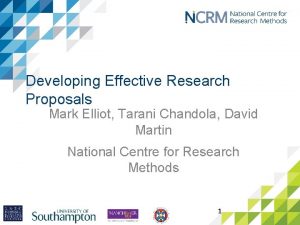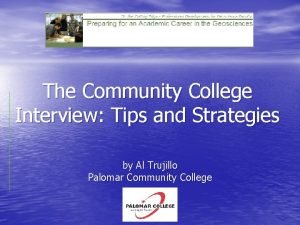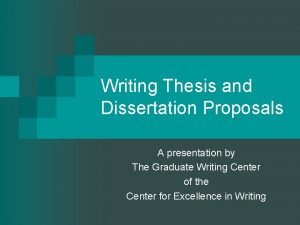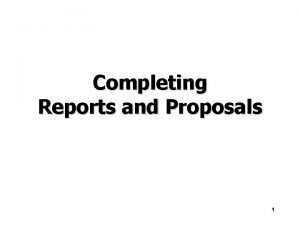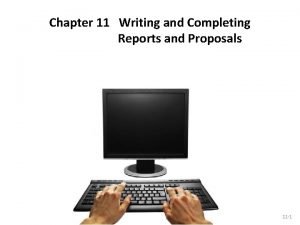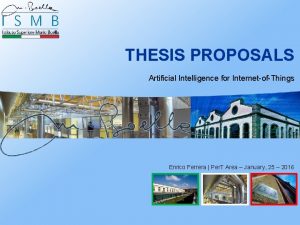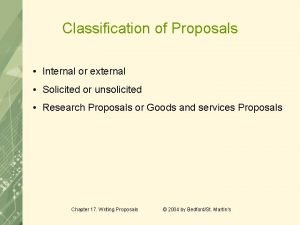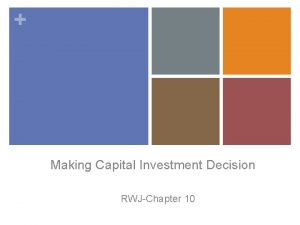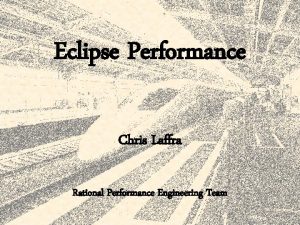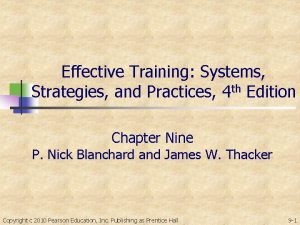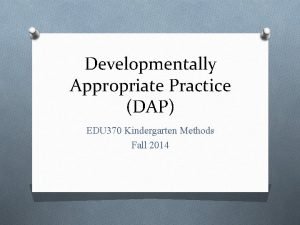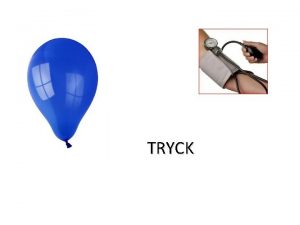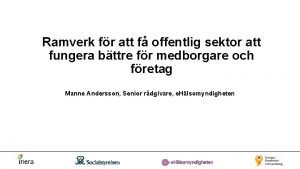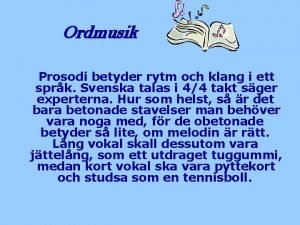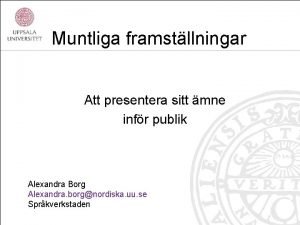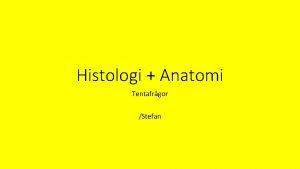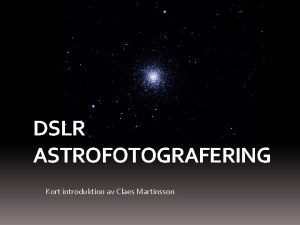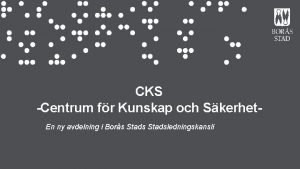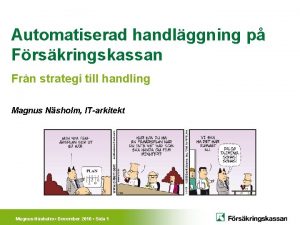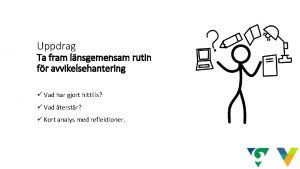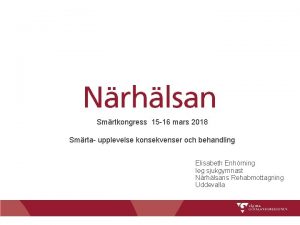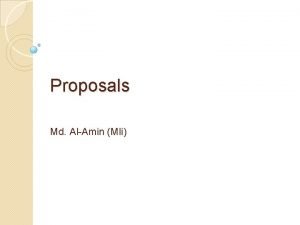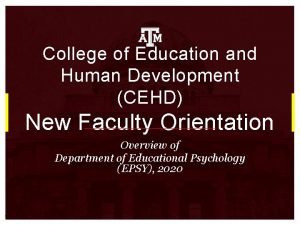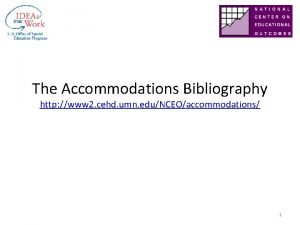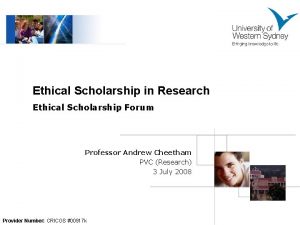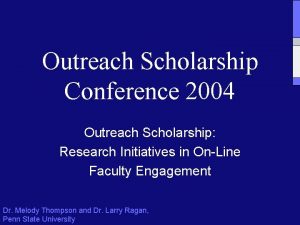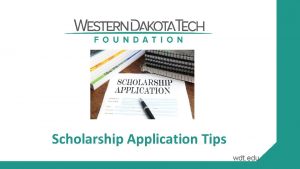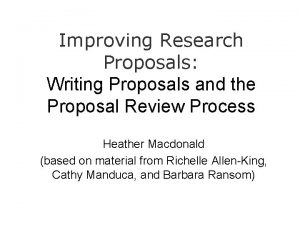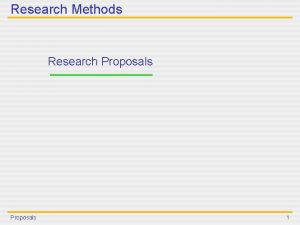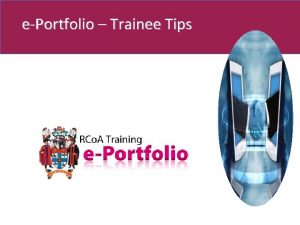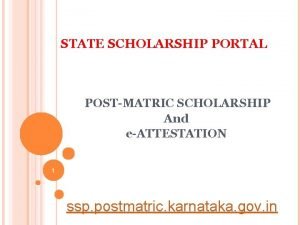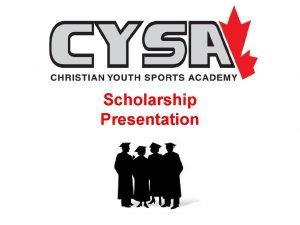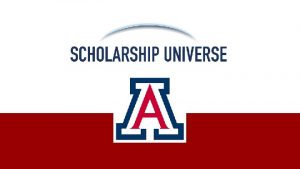CEHD Research Scholarship Tips Strategies for Effective Proposals















































- Slides: 47

CEHD Research & Scholarship: Tips & Strategies for Effective Proposals CEHD Fall 2018 Breakout Session presented by Jessica Guzzo, CRA, CPRA, CFRA, Director of Research Administration Heather Longest, CRA, Senior Research Administrator August 22, 2018



CEHD Proposal Process

Principal Investigator ■ ■ Develops project idea Identifies Funding Source Submits Request for Proposal Assistance Writes Proposal, Develops Budget & Budget Narrative ■ Works with CEHD Research Administration Office to get proposal package finalized in a timely manner for GMU AOR approval.

Request for Proposal Assistance ■ https: //ospproposal. gmu. edu/ ■ Required for any funds that will be accepted and/or administered by the GMU Office of Sponsored Programs. ■ Mason as the lead institution or serving in a subaward partner role



Request for Proposal Assistance



RFP is Roadmap to Success ■ Read the RFA, RFP, NOFO, Solicitation, etc. ■ Key info that you will find (margins, font, spacing, page limits, word limits, content, format, etc. ) ■ Which rules apply ■ Unique details – reduced indirect rates; cost share and match requirements, limitations on costs, etc. ■ When in doubt ask questions


Requirements for most proposal submissions ■ Statement of Work/Project Narrative ■ Detailed Budget ■ Budget Narrative/Justification ■ CVs or Biographical Sketches ■ Cover Letter ■ Conflict of Interest Disclosures ■ F&A & Fringe Rate Agreements

Other Possible Requirements ■ Current & Pending Funding Support ■ Research/non-research related narratives ■ Data management plans ■ Post doc mentoring plans ■ Letters of support from collaborators and consultants ■ Subrecipient commitment forms and packages

Scope of Work ■ Scope should be clearly written and distinguish the project from others ■ Should address: § § § Nature of the work Who will perform the work When and Where the work will be performed How the work will be performed Specific aims, milestones, and deliverables

Detailed Budgets & Budget Justifications ■ Budget must comply with applicable cost principles, cost accounting standards, federal, state, sponsor and institutional guidelines ■ Costs must be reasonable, necessary, allowable, allocable ■ Direct, indirect and cost share

Budgets – Direct vs. Indirect Costs

Budgets - Direct Costs • • • Salary Support for Faculty, Post Docs, Graduate Research Assistants, Student and Non-Student Wages Fringe Benefits Travel Consultant/Professional Services Equipment Supplies and Materials Subawards Tuition Graduate Student Health Insurance Stipends & Honorariums Participant Support Costs Research Subject Payments

Faculty Salary Support ■ Budget & Charge Effort when work will be performed during CY, AY, Summer ■ Allowable at the Institutional Base Salary rate. ■ Overtime/Overload charges are typically unallowable

Faculty Salary Support ■ New Research Extended Appointment Policy No. 4019 includes new university guidelines for charging faculty salary to sponsored projects ■ https: //universitypolicy. gmu. edu/policies/researchextended-appointment-policy/ ■ New Guidelines limit Summer Salary support from Sponsored Projects to 90% or 2. 7 months ■ https: //osp. gmu. edu/guidelines-for-charging-facultysalary-to-sponsored-projects/

Faculty Salary Support ■ NSF 2 month rule, NIH & DOJ salary caps ■ Sponsor restrictions on reductions to committed time ■ Prior approval required for disengagement from the project for more than three months, or a 25 percent reduction in time devoted to the project, by the approved project director or principal investigator.

Faculty Salary Support ■ The CEHD Faculty Workload Guidance for Externally Grant Funded Course Buyouts may be found on pages 8 -10 of the CEHD Faculty Workload Policy ■ https: //cehd. gmu. edu/assets/files/faculty _workload_policy. pdf

Faculty Salary Support

GRA Support ■ CEHD GRA Policy Doc can be found at § https: //cehd. gmu. edu/assets/docs/cehd/grasalaries-tuition-benefits-work-schedulepolicy. pdf § Includes salary rates, appointment periods, tuition support, benefits, work schedule and guidelines


Student/Non-Student Wages ■ ACA ■ Federal minimum Wage ■ Internal policies regarding max hours during AY ■ International student work restrictions during AY ■ Student Wage/Work study – not to exceed $30/hour, no exceptions ■ Wage – over $35/hour requires additional approval by Class and Comp

Consultants ■ A consultant typically provides a one-time event such as a review, analysis, etc. as opposed to an ongoing relationship. They are used for expertise that is not available within the university and are usually individuals or a consulting firm. They do not typically have the ability to influence the direction of the science, as the role of a consultant is to produce a work product under the direction of the PI. ■ Best to name the consultant in the proposal budget so they can be sole sourced easily if funds are awarded. ■ Letters of Commitment are usually provided at the proposal stage ■ An individual should not be paid by Mason as an employee and as an external consultant in the same calendar tax year ■ F&A costs apply to the entire amount

Subawards ■ Characteristics of a subaward: § Subawardee completes work agreed to and analyzes results- programmatic input § A specific investigator is identified § F&A costs apply to the first $25 K of the subaward § May provide cost share or matching funds § Potential for patentable or copyrightable technology created through the project § Subject to the university’s Subrecipient Monitoring Policy No. 4009 § Requires full proposal package from subaward partner at proposal stage

Vendor/Contractor/Purchased Service ■ Characteristics of a vendor/contractor/purchased service: § Performs services only- no analysis or discretionary judgement- services are part of regular business operations available to any customer § F&A costs apply to the entire amount § Person conducting the work is not necessarily identified § No potential for patentable or copyrightable technology to be created through the project § Best to name company if you want to use a specific company

Participant Support Costs ■ Participant Support costs are direct costs for items such as participant allowance, supplies, per diem, travel costs and/or registration fees paid to or on behalf of participants in connection with meetings, conferences, symposia or training projects. ■ A participant is a non-Mason employee who is a recipient of a service or training session associated with a workshop, conference, seminar, symposium or other information sharing activity funded by a sponsored award. ■ Graduate assistants receive a W-2 from the university and therefore are treated as Mason employees under this definition.

Participant Support Costs ■ Participants do not perform work or services for the project or program other than for their own benefit. These participants are not required to deliver anything or provide any service to the university in return for these support costs. ■ Participant Support Costs are excluded from F&A ■ Funds provided for participant support may not be used by grantees for other categories of expense without specific prior written approval of the sponsoring agency.

Budget – Indirect Costs ■ Indirect Costs – aka Facilities & Administrative costs are general institutional expenditures that are incurred for common or joint objectives benefiting instruction, research or public service and therefore cannot be readily identified with a particular sponsored project. These costs are allocated to sponsored projects in accordance with OMB Circulars/Uniform Guidance through the application of the university’s federally approved indirect cost rates.



Budget – Indirect Rates • Some sponsors and programs have published reduced indirect rates or policies that state they simply do not pay indirect. • Unless the sponsor has a written policy that limits the amount or percentage of F&A costs that can be recovered; the University will propose its applicable federally negotiated rate.

Budget – Indirect Rates • The university cannot recoup more than the federally negotiated rates on MTDC. • If there is a need to request a waiver or reduction in F&A, the PI should follow the F&A waiver process during the proposal stage

Cost Share ■ Cost sharing is the portion of project costs not reimbursed by the sponsor and may be in the form of cash or in-kind contributions ■ Types - voluntary, committed, mandatory ■ If not required don’t do it. ■ Don’t over commit and then limit yourself for other opportunities

Cost Share

Acceptable forms of Cost Share ■ Small portions of faculty Academic Year effort to comply with effort reporting requirements ■ Third Party in kind contributions require additional documentation. ■ Unrecovered indirect costs if allowed by sponsor ■ GRAs, wages, supplies, and other expenses require additional approval from the Dean’s office

Unacceptable forms of Cost Share ■ Using federal dollars as matching or cost sharing toward another federally sponsored project is not allowed unless you have written authorization from both federal agencies ■ Typically cannot cost share another sponsor’s funds or another campus unit’s funds without their written authorization ■ GMU space generally cannot be shown

Mandatory Cost Share Requirement ■ PI sends email to Dean as soon as it is known that there is a cost share/match requirement. ■ Email should include: § § § Solicitation name Sponsor Required & Proposed Cost Share Amount Proposed sources of funds Proposal deadline Short description of the proposed body of work

CEHD Approval Process for Mandatory Cost Share Requirements PI sends email to Dean copies Sr. Associate Dean, Associate Dean for Research and Director of Research Administration on response If granted permission to proceed, PI works with Sr. Research Administrator to develop and finalize budget SRA sends final budget and budget narrative to DRA for review (Due: 10 Business days prior to sponsor deadline) DRA reviews and sends request with final budget to Dean or requests additional information and/or adjustments as needed Dean will either approve or request additional information needed to render decision If approved, SRA includes Dean's approval in CEHD & OSP files

Detailed Budgets & Budget Justifications ■ Get budget ironed out early! ■ Dean’s Office Approval Required for Cost Share Commitments ■ OSP will not allow any changes to the budget on day proposal is due. ■ Budgets that exceed $1. 5 M in any budget year must be reviewed and approved by the Senior Vice President. Earlier deadlines apply.

Internal Review & Approvals ■ Why it is needed ■ Importance of meeting deadlines to ensure proper internal review ■ Definition of final docs ■ Difference between grants. gov and agency system submission vs. email submissions

Proposal Submissions ■ Stuff to pay attention to and be mindful of (requirements, formats, titling, references, page numbers, etc. ) ■ Importance of refraining from providing docs to agency and if you do you state these are not official docs. ■ Official proposal package is submitted by CEHD Sr. Research Administrator once OSP AOR approves. PI cannot submit.

Contact Info Jessica Guzzo, CRA, CPRA, CFRA Director of Research Administration jguzzo@gmu. edu or 703 -993 -2148 Heather Longest, CRA Senior Research Administrator hlongest@gmu. edu or 703 -993 -4972
 Developing effective research proposals
Developing effective research proposals College interview tips and strategies
College interview tips and strategies Title of the study
Title of the study Prefatory part of report
Prefatory part of report Writing and completing reports and proposals
Writing and completing reports and proposals A business proposal chapter 10
A business proposal chapter 10 Artificial intelligence thesis proposals
Artificial intelligence thesis proposals Internal and external proposal
Internal and external proposal Functions of fire insurance
Functions of fire insurance Capital investment decision
Capital investment decision Eclipse computing proposals slow
Eclipse computing proposals slow Delhi muslim proposals
Delhi muslim proposals Effective training systems strategies and practices
Effective training systems strategies and practices Developmentally appropriate practice for kindergarten
Developmentally appropriate practice for kindergarten Interpersonal communication vocabulary
Interpersonal communication vocabulary Effective academic advising strategies
Effective academic advising strategies Writing tips for economics research papers
Writing tips for economics research papers Kontinuitetshantering i praktiken
Kontinuitetshantering i praktiken Typiska drag för en novell
Typiska drag för en novell Tack för att ni lyssnade bild
Tack för att ni lyssnade bild Returpilarna
Returpilarna Varför kallas perioden 1918-1939 för mellankrigstiden
Varför kallas perioden 1918-1939 för mellankrigstiden En lathund för arbete med kontinuitetshantering
En lathund för arbete med kontinuitetshantering Personalliggare bygg undantag
Personalliggare bygg undantag Tidbok
Tidbok Anatomi organ reproduksi
Anatomi organ reproduksi Vad är densitet
Vad är densitet Datorkunskap för nybörjare
Datorkunskap för nybörjare Tack för att ni lyssnade bild
Tack för att ni lyssnade bild Debatt artikel mall
Debatt artikel mall För och nackdelar med firo
För och nackdelar med firo Nyckelkompetenser för livslångt lärande
Nyckelkompetenser för livslångt lärande Påbyggnader för flakfordon
Påbyggnader för flakfordon Vätsketryck formel
Vätsketryck formel Publik sektor
Publik sektor I gullregnens månad
I gullregnens månad Presentera för publik crossboss
Presentera för publik crossboss Argument för teckenspråk som minoritetsspråk
Argument för teckenspråk som minoritetsspråk Kanaans land
Kanaans land Treserva lathund
Treserva lathund Mjälthilus
Mjälthilus Bästa kameran för astrofoto
Bästa kameran för astrofoto Cks
Cks Byggprocessen steg för steg
Byggprocessen steg för steg Mat för idrottare
Mat för idrottare Verktyg för automatisering av utbetalningar
Verktyg för automatisering av utbetalningar Rutin för avvikelsehantering
Rutin för avvikelsehantering Smärtskolan kunskap för livet
Smärtskolan kunskap för livet
